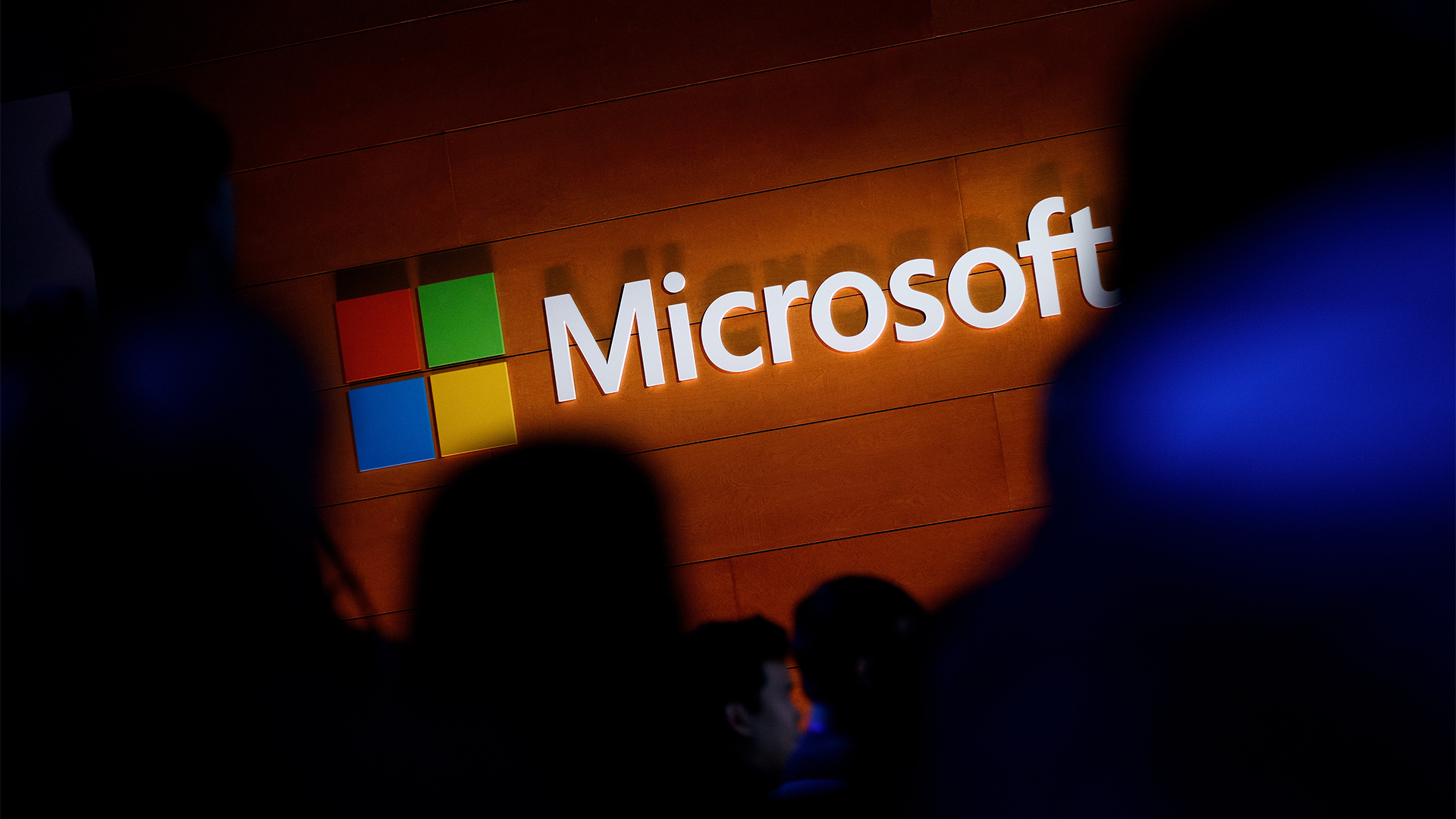It should be Digital Britain - not ‘patchwork’ Britain
Big questions over next-generation broadband and the government’s universal broadband commitment.

British companies working on next-generation broadband will have to provide a single service to run across multiple networks, across a single system.
This is according to UK and Ireland Alcatel-Lucent director Andy King, who said that if "commonality" wasn't achieved, there was the real risk that smaller networks would be relegated to just providing local or mixed services.
Speaking at the Westminster Media Forum, he said that this would make them less viable as networks, and be detrimental to the UK's overall ability to provide end-to-end next-generation broadband coverage.
He said: "It is essential that the industry succeed in their stated aim of creating a coherent national framework, from a patchwork of local next-generation open access broadband projects."
King said his company was surprised that the report didn't have plans on releasing 800Mhz spectrum, which he claimed could have provided rural areas with wireless broadband network capable of speeds in access of 2Mbs.
Alastair Davidson, a director at Arqiva, said he was also disappointed that the role of wireless in rolling out universal broadband access wasn't fully explored in the report.
He also claimed that rural areas could have been better provided for, as fixed line networks could not reach all of the 15 per cent of homes that couldn't receive 2Mbs.
Sign up today and you will receive a free copy of our Future Focus 2025 report - the leading guidance on AI, cybersecurity and other IT challenges as per 700+ senior executives
He said: "We've got in the situation where notspots can be covered with wireless services."
"One of the continued disappointments for us is that you can keep investing in fixed infrastructure and squeeze another 10 per cent out, but that will leave a five per cent well and truly stranded."
-
 The six biggest security challenges coming in 2026
The six biggest security challenges coming in 2026In-depth What will be the main challenges businesses face in 2026 and what can they do to prepare?
-
 Channel focus: All you need to know about Microsoft's partner program
Channel focus: All you need to know about Microsoft's partner programChannel Focus The veteran OS developer and vendor continues to advance its strategy, particularly in Azure cloud solutions and AI